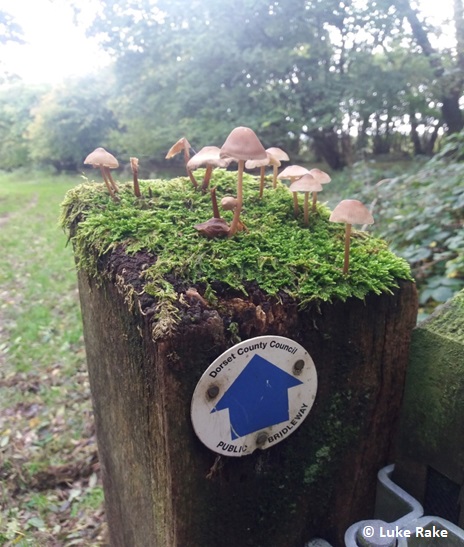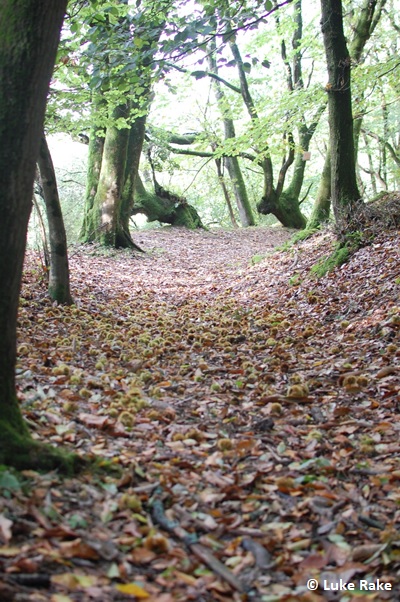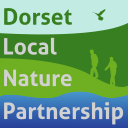Luke Rake – Chair Dorset LNP
It is a privilege to write my first blog post as newly elected Chair of the Dorset Local Nature Partnership.
I have been a board member for some time, representing the Local Enterprise Partnership (LEP) but my interests extend far beyond the economic. We read a lot about the concept of Natural Capital, of how environmental engagement for businesses and enhancement of environmental areas is also a ‘win’ for business, whether through carbon reduction, enhanced work-life balance or simply the corporate and social responsibility to ensure that the traces left behind are minimised. This work, as outlined in the 2016 report on Natural Capital Investment Strategy1 which looks to increase the resilience of proposed developments, identifies means to assess proposals most likely to succeed and ensure projects are resilient to external forces.
That work continues, and the LNP and its associated members and partners have done great things in ensuring that environmental considerations are at the heart of Dorset’s economic future, and they feature heavily in the LEP strategic vision and investment plans for the county.

That does not sit in isolation and there is more to do. Associates such as Bournemouth University have added to that rich seam through modelling research2 which clearly shows where we may be heading. It does not look great, despite our best efforts.
I see no distinction between the urban and rural in this regard and the LNP has a duty to both communities in Dorset, and their respective unitary authorities. I have a rural focus in my day job, have lived in cities, and know where my preference lies for my own lifestyle. However, the hills of deepest Dorset are not as biodiverse as they should be and one might argue that a mosaic of town gardens, parks and greenspace can be as rewarding and valuable for those humans, plants and animals that share the same space.
So how we do we find balance, or enable a further shift in thinking to apply principles that protect and enhance the natural environment? Recent changes in public thinking regarding the use of single use plastics for example have been rapid and profound. Even two years ago having a straw in a drink was normal – now to have one makes one (or me at least) feel like a social pariah. That change is remarkable and down to effective and powerful public engagement with nature – both remotely through media and directly through our own experiences of litter on one of Dorset’s stunning beaches.
Yet, during this summer’s lockdown release we saw all too clearly that that approach was not held by all, with significant damage to areas through human waste, detritus and a cavalier attitude to the dangers of fire. Not everyone is with us.
Action therefore, requires emotion. If one doesn’t care, one doesn’t act. It requires connection with the natural world in some way, and for my part, that is both my personal and professional aim and I hope what we can achieve together.
If we are serious about encouraging investment in the right projects, enhancement of the assets we have surrounding us here, then we need something beyond just ‘evidence’. It’s a well-worn message to the movie director…’show, don’t tell’. With nature, you can actually feel it.

Robert MacFarlane in his short book ‘Holloway’ talks of the emotional connection with nature felt by experiencing it directly. In Dorset’s ancient trails and woodlands it is easy to sense this, a palpable connection between ourselves, our predecessors and how time itself is enough to create something unique, a thread through the ages. The roots grow deep, but they are fragile and change is not always welcome.
The author Hardy, who lived and wrote on the estate at Kingston Maurward I currently lead, knew this too. Bridging the pastoral and industrial ages, he captured with brilliance the connection between human and natural worlds.
In ‘Tess of the D’Urbervilles’ he wrote of a symbolic moment where Angel Clare lifts the girls over the flooded path on their way to Mellstock Church. The carrying of the girls over the water is lent into relief by the foil of the imagery of the girls’ attire:
‘Their gauzy skirts had brushed up from the grass innumerable flies and butterflies which, unable to escape, remained caged in the transparent tissue as in an aviary.’
The butterflies did not choose their cage – it was the impact of man, in the form of milkmaids who were not going about their normal day-to-day business that placed them there. They were effectively artificial in their activity, they were effectively artificial in their attire, and their journey was the establishment – both cause and catalyst of this impact on nature.
We all have an impact.
It behoves us to know this, engage with it, and see how we change the direction of travel. Time’s arrow moves in only one direction, and as communities, we can and should enable as many parts of nature as possible, including ourselves, to thrive.
As the research shows, tipping points exist – if we are not wise to this, it may also be us, not just the butterflies, who are in the cage.
Tread gently.
